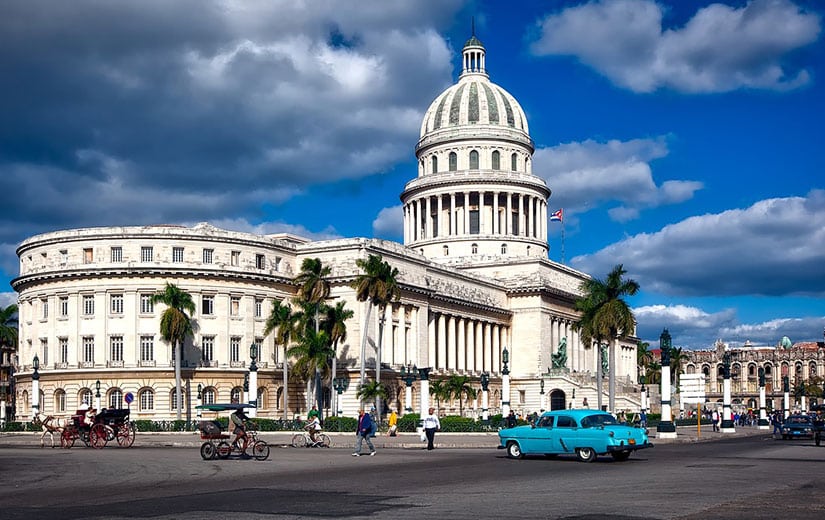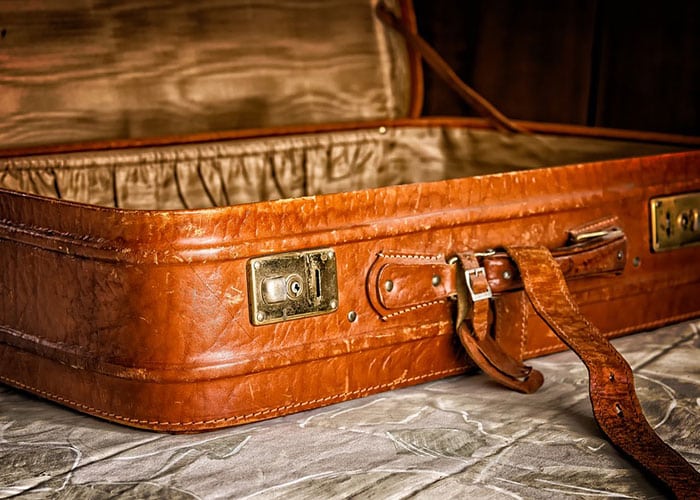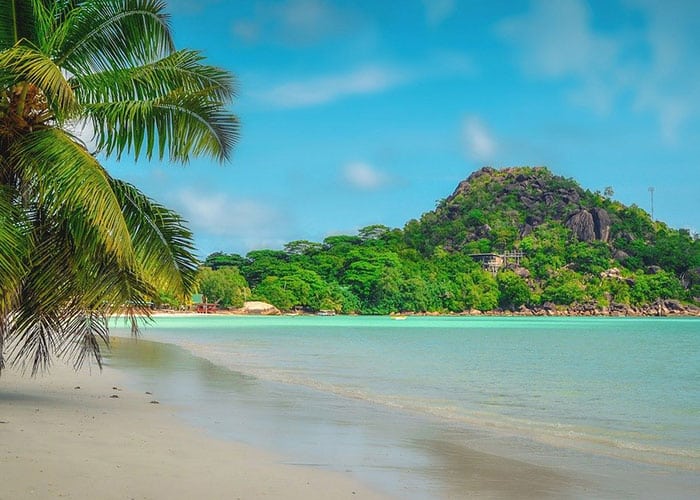Brest, port city, Finistere department, Brittany, Brittany region, on two hills separated by the Penfeld river. Its magnificent Brest harbour, 23 km long, is protected from the sea by the Quélern peninsula and the Goulet passage (about 1.5-3 km wide) leads to open water.
Brest
Brest was ceded around 1240 by Count Hervé V de Léon to Jean I, Duke of Brittany. The English occupied it from 1342 until 1397. By marriage, it passed (1491) from Brittany to the crown of France. Cardinal de Richelieu decided in 1631 to make it an important naval base. It was improved by Jean-Baptiste Colbert and fortified by Sébastien Le Prestre de Vauban. The first instituted the Maritime Registration, still in operation, which brought Breton fishermen (18-48 years) into the Naval Reserve. In exchange for this obligation, registration offers them family security for life. Brest has been the seat of the French Naval Academy since 1830.
Brest was the landing point for American troops during the First World War. Thereafter, its importance as a naval and transatlantic passenger port increased. The Germans, who occupied it in June 1940, built concrete submarine pens and used the port as a base against Allied shipping. The city, almost completely destroyed during the Second World War, was rebuilt, its port restored and re-equipped. The naval port, behind the Lanion breakwater, is partly carved into the rock, and some facilities are in deep caves in the cliffs. The commercial port, which has large shipping facilities, is separated from the city by the Cours Dajot, an excellent promenade built on the old ramparts in 1769 by convicts from the famous Brest prisons (closed in the 19th century when the Devil’s Island and the penal colony of French Guiana were established). It is, with Toulon, one of the two major bases of the French Navy.
In the 1960s, three industrial zones were created to compensate for the decline in shipbuilding. Metallurgy, associated with shipbuilding and repair, is important; planned and diversified industries include precision mechanics, gas bottling, and the manufacture of electronic equipment, fertilizers, chemicals, and paper.
Read also:
- 5 good reasons to come and live in Brest
- Brest, tourism professionals are snapping up this ocean land…




